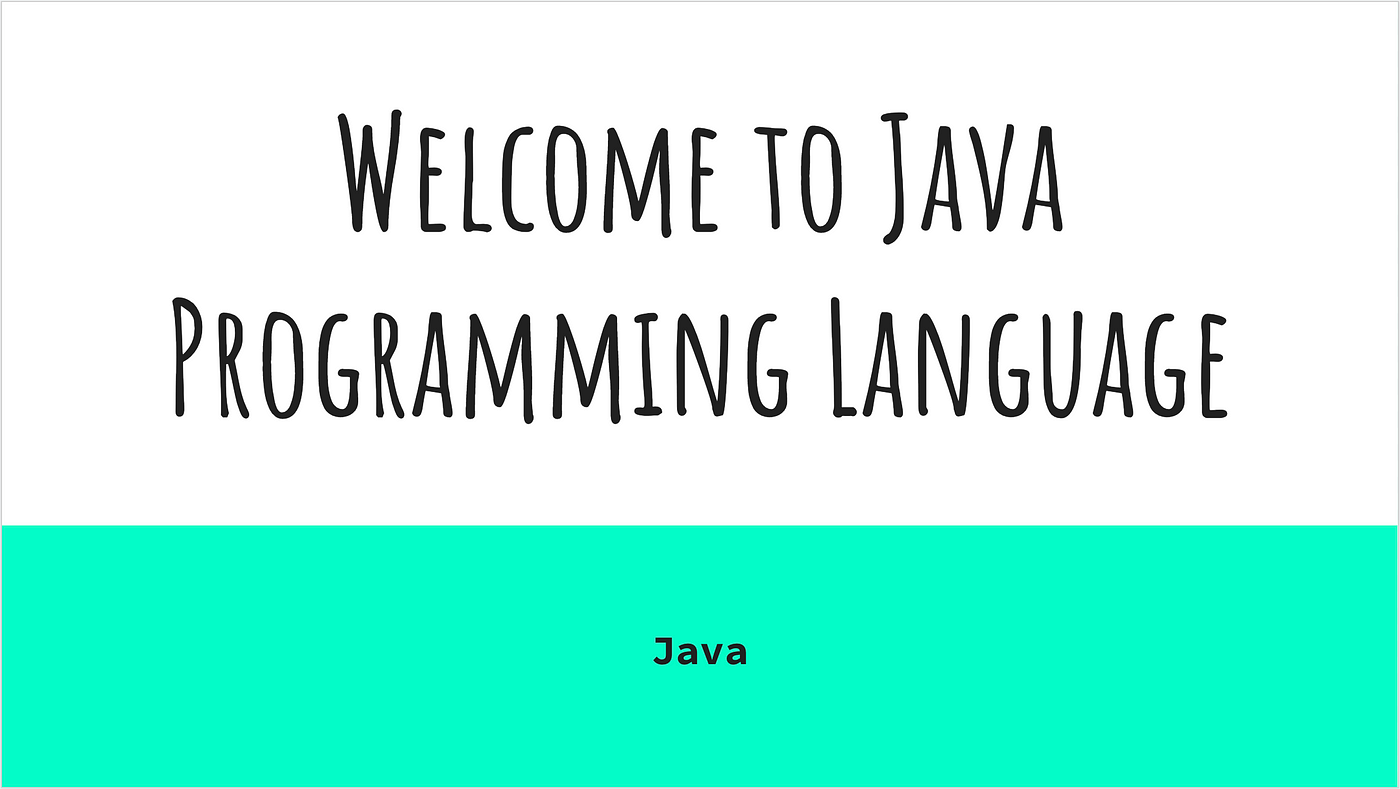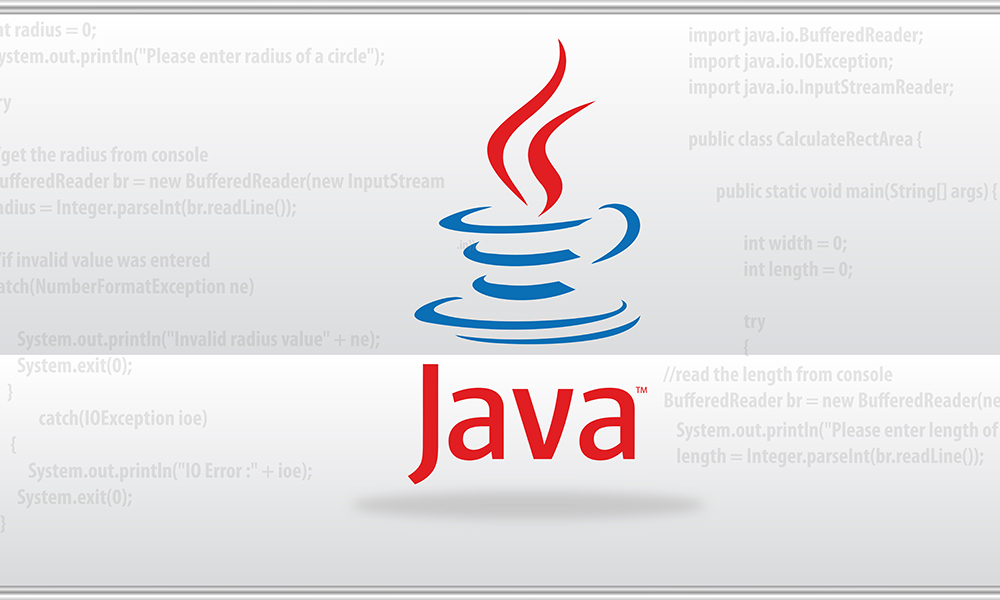best java training institute in vizag
Learning Java is an exciting journey that opens up a world of possibilities in software development, from building web applications to mobile apps and enterprise-level systems. Here’s a comprehensive guide to help you get started with learning Java.
best java training institute in vizag

1. Recognize the Fundamentals:
Overview of Java: Learn the basics of the Java programming language, including its features and history. Recognize its significance in software development and the industry’s use of it.
Establish the Development Environment: Install the Java Development Kit (JDK), which comes with the Java Runtime Environment (JRE) and Java compiler (javac), on your PC. To write and run Java code efficiently, use an Integrated Development Environment (IDE) like Eclipse, IntelliJ IDEA, or NetBeans.
2. Acquire a Basic Understanding of Java:
Learn about the fundamental grammar and organization of Java programs, including loops, if-else expressions, variables, data types, and operators.
Learn the fundamentals of object-oriented programming (OOP), which include encapsulation, inheritance, classes, and objects. Create classes and objects to practice modeling real-world entities.
Discover Java’s methods, sometimes known as functions, including method overloading, argument passing, return types, and method declaration. Recognize the differences between method visibility and access modifiers (public, private, and protected).

3. Examine Java in More Detail:
Learn about arrays, ArrayLists, LinkedLists, HashMaps, and other Java data structures in this section on arrays and collections. Recognize common actions, iterate over elements, and work with collections.
Learn about Java’s exception handling, which includes finally blocks, throw statements, and try-catch blocks. Develop appropriate handling and propagation techniques for exceptions in your code.
File I/O Operations: Learn how to use FileReader, FileWriter, BufferedReader, BufferedWriter, and other I/O classes to read from and write to files in Java. Practice managing file-related exceptions and reading and writing data to text files.
4. Complex Java Ideas:
Comprehending the fundamentals of concurrency and multithreading in Java is essential. Discover how to address thread synchronization problems, synchronize access to shared resources, and create and manage threads.
Learn about Java generics and how they help to create type-safe classes and collections. Recognize the ways in which generics enhance type safety, reusability, and readability of code.
Learn about sockets, TCP/IP protocols, client-server communication, and other networking concepts in Java with this course on networking and socket programming. To write networked apps, practice developing socket programs.
5. Work on and Complete Projects:
Coding Challenges: To hone your Java skills and problem-solving talents, complete coding challenges and exercises on websites like LeetCode, HackerRank, and CodeSignal.
Build Projects: Apply your knowledge and get hands-on experience by working on Java projects of various levels of complexity. As you build confidence, start with basic projects like an address book, calculator, or tic tac toe game and work your way up to more difficult ones.
best java training institute in vizag

6. Keep Up to Date and Participate in the Community:
Examine Documentation and Tutorials: To gain knowledge about new features, APIs, and best practices, consult the official Java documentation, tutorials, and guidelines.
Participate in Online Communities: Engage in online communities, discussion boards, and forums like Stack Overflow, Java User Groups (JUGs), and Reddit (r/java) to exchange ideas, ask questions, and establish connections with other Java developers.
Keep Up with Blogs and News Sites: Follow well-known blogs, news websites, and social media profiles devoted to Java programming to stay informed about the most recent advancements in the Java ecosystem.
7. Enroll in Classes and Earn Certifications:
Online classes: Take advantage of industry experts’ knowledge and access structured learning materials, video lectures, quizzes, and assignments by enrolling in online Java classes on sites like JNNC Technologies.
Certifications: To prove your abilities and establish your authority as a Java developer, think about obtaining Java certifications like Oracle Certified Associate (OCA) and Oracle Certified Professional (OCP).
best java training institute in vizag
8. Ongoing Education and Development:
Practice Frequently: To strengthen your knowledge and advance your programming abilities, set aside time each week to practice Java code.
Investigate Advanced Topics: To broaden your skill set and discover new job options, delve further into advanced Java topics including Android programming, JavaFX, Java EE (Enterprise Edition), Spring Framework, and Hibernate.
Participate in Open Source Projects: You can obtain practical experience, work with other developers, and demonstrate your skills to prospective employers by participating in open-source projects on websites such as GitHub.

